Growing up between screens?
Education, technologies, and democracy
Speakers
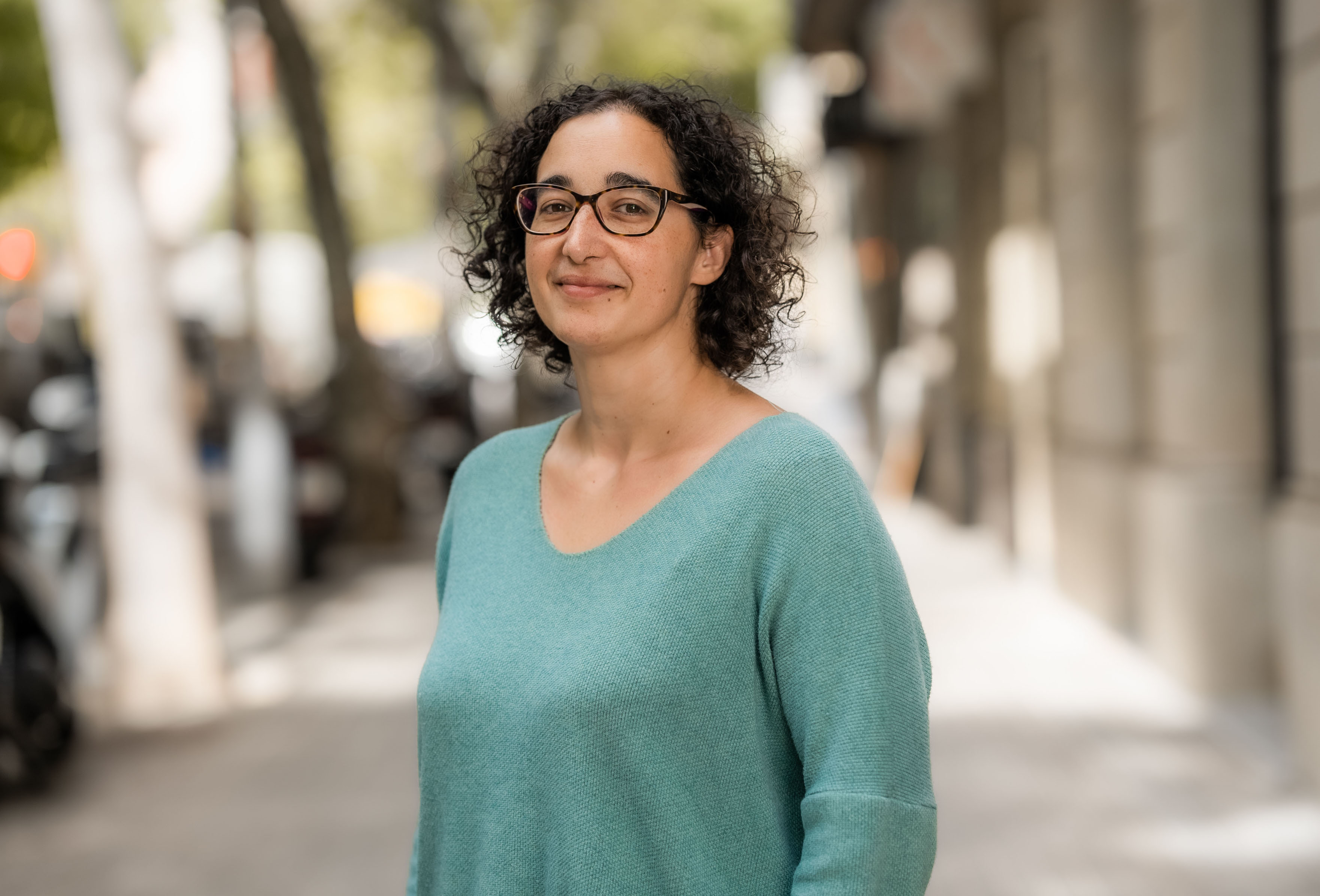

Social educator and educational psychologist specialized in children and adolescents at social risk. With over 15 years of experience in directing social transformation programs through education, driving processes of innovation, knowledge management, and organizational development. Since 2022, she has been part of the Bofill Foundation, where she serves as the director of the Code Club program.
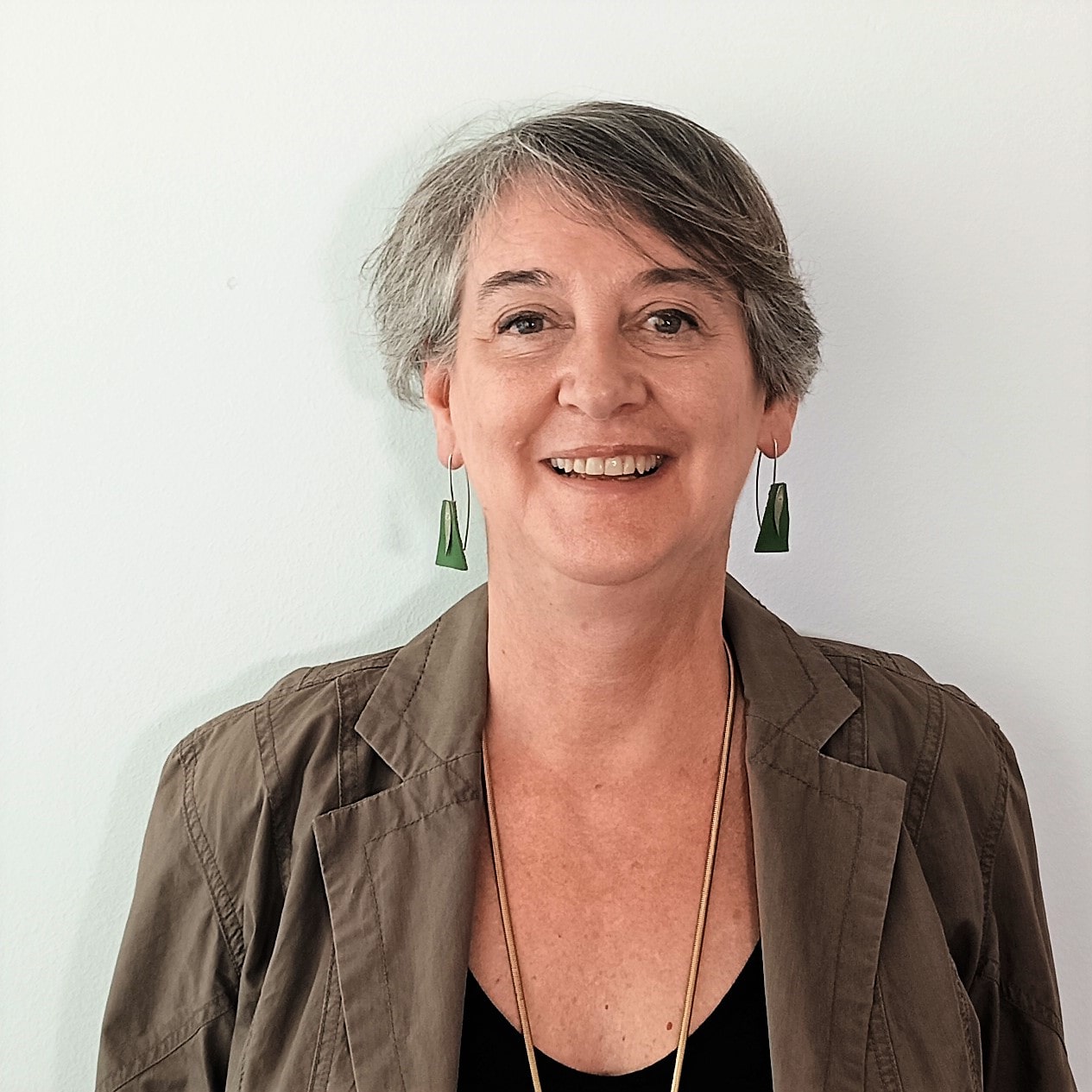

Mare, mestra, pedagoga i professora universitària, apassionada per les relacions humanes. Treballa amb pares, mares, mestres, professores, directius i altres professionals de l'educació i l'atenció a les famílies. Ha format mestres en la relació amb les famílies dels alumnes i ha col·laborat en diversos programes de formació pares/escola. Ha impartit cursos i col·laborat amb diverses institucions públiques i privades. Autora de tres llibres i nombrosos articles en mitjans de comunicació. Llança la campanya #de0a3PantallesRES per prevenir l'addicció precoç a les pantalles.
També ha impartit cursos i formacions i ha col·laborat amb la Generalitat de Catalunya, fundacions, ajuntaments i institucions privades. Autora de tres llibres i nombrosos articles en mitjans de comunicació. Ha posat en marxa la campanya #de0a3Pantalles per sensibilitzar la societat i prevenir l’addicció precoç a les pantalles.
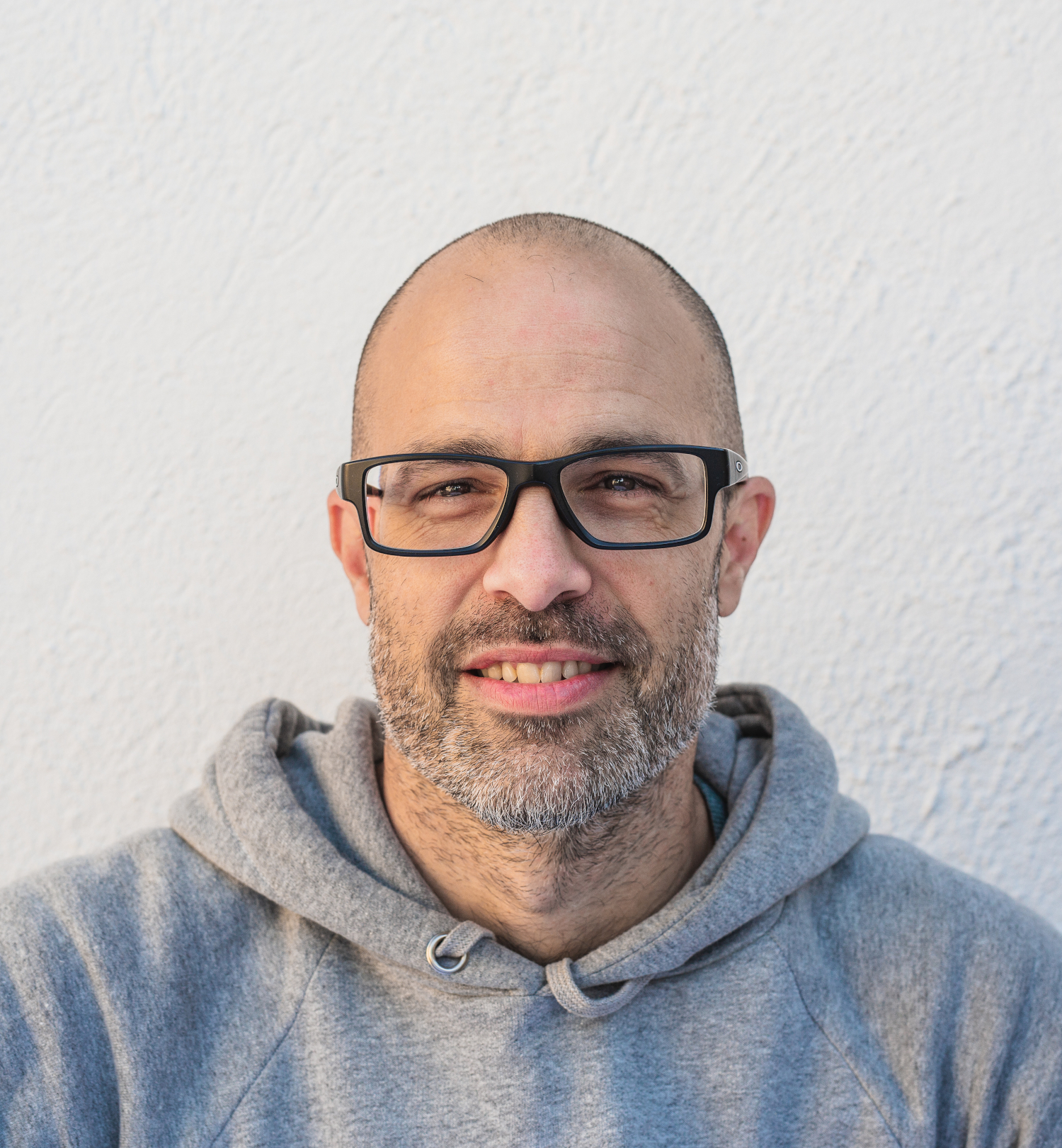

Carlos Bajo Erro (Pamplona,1978) is a journalist and social researcher. Currently, he is in charge of the Digital Justice area at Oxfam Intermón. Previously, for over a decade, he collaborated with various media outlets on topics related to his specialization: the use of ICT in Africa and its new citizen movements on the continent. He also provided consulting services to social organizations on digital strategy in Africa. Additionally, he teaches in a dozen master's and postgraduate programs at Spanish universities. He holds a degree in Journalism (UN), a master's degree in Cultures and Development in Africa (URV), and is a Ph.D. candidate in Communication and International Relations (URL).
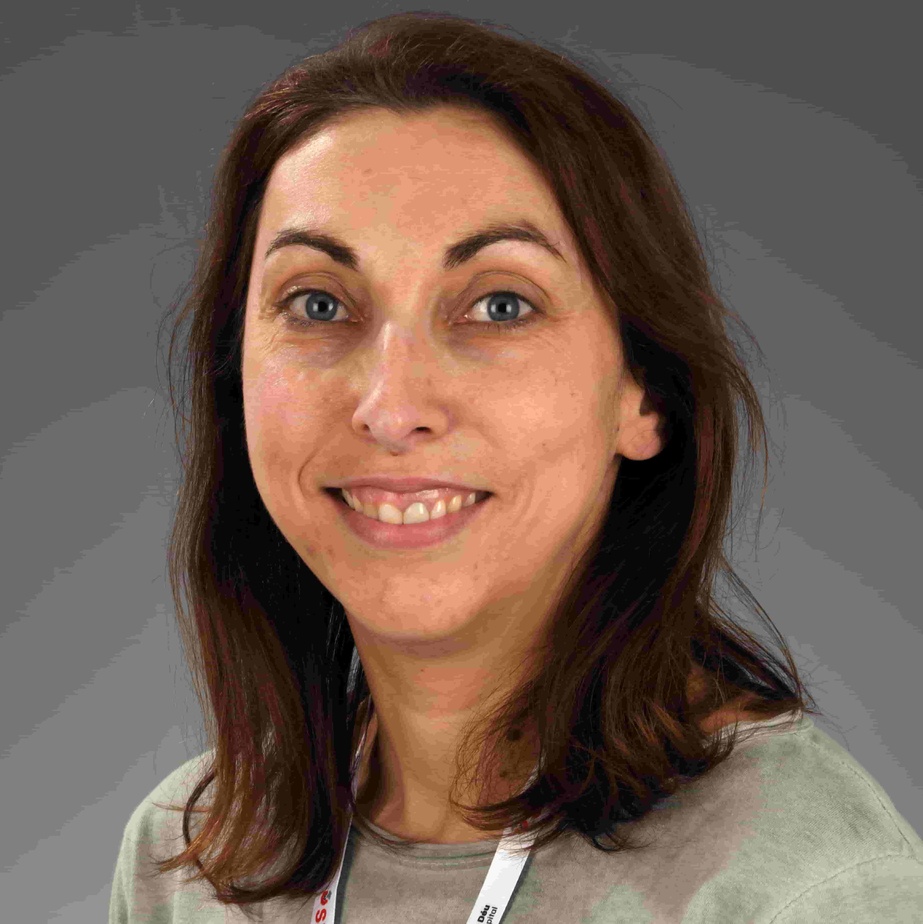

Psicòloga clínica de la Unitat de Conductes Addictives de l’Hospital Sant Joan de Déu de Barcelona. Membre del comitè d’experts de la plataforma de salut digital SOM 360 addiccions comportamentals. Membre del grup de treball de psicòlegs especialistes en addiccions comportamentals, i membre de l’equip redactor del comunicat dels professionals de la psicologia clínica especialitzats en addiccions comportamentals sobre l’ús de pantalles
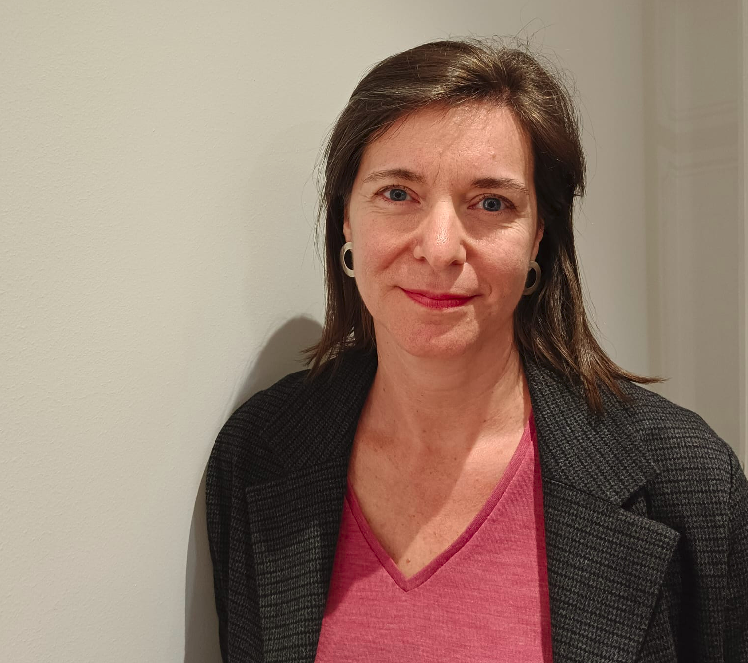

Graduated in Economics and Sociology. With a long trajectory in different public administrations, she currently heads the Public Health Service of the Diputació de Barcelona. From this service, support is provided to the municipalities of the province of Barcelona in local health planning, protection, and promotion policies.
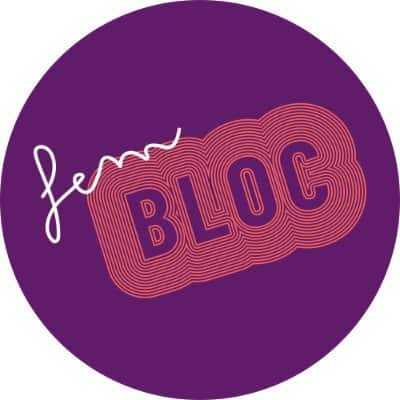

FemBloc is the new feminist initiative for addressing and providing support in the face of digital violence. It is an initiative focused on the prevention, detection, attention, and repair of digital gender-based violence, with a feminist and intersectional perspective within the Catalan context.
It is driven by Donestech and the Cultural Association of Women for Research and Action (ALIA), with the support of the Department of Feminisms of the Generalitat de Cataluña, the Barcelona City Council, and the Ministry of Equality of the Government of Spain.
Lidón Gasull is a human rights lawyer, holds a master's degree in public and social policies, and is the director of the Federated Associations of Students' Families of Catalonia (aFFaC).
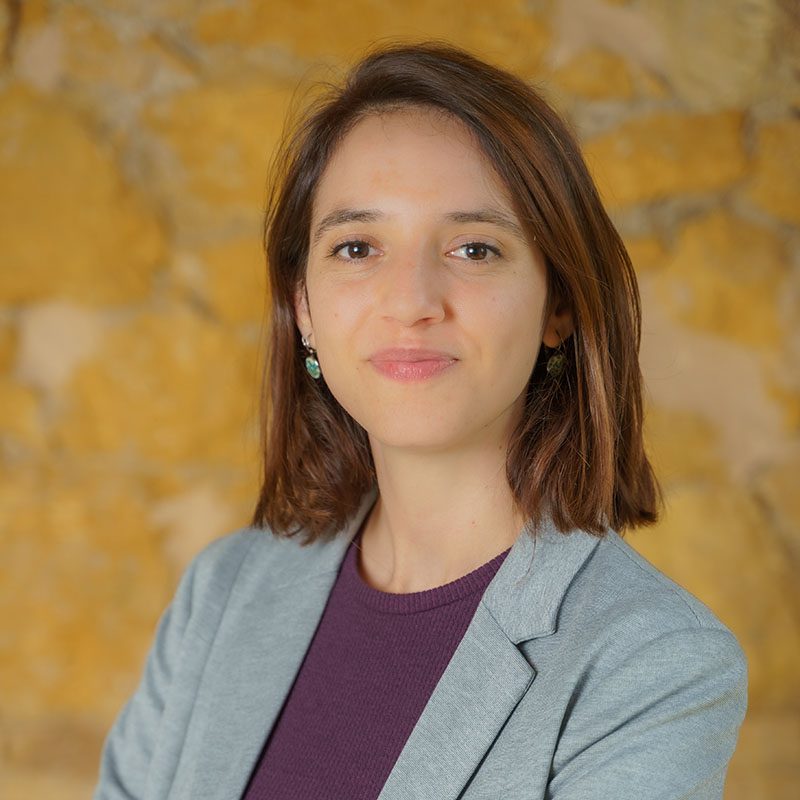

Biologist with a master's degree in scientific communication and another in human rights and citizenship, with nine years of experience in the fields of citizen science, civic participation, and co-creation. She has worked in Barcelona and Amsterdam to promote the co-design of more caring, democratic, and sustainable cities using technology as a tool for social transformation.
Currently, she works in the area of digital social innovation and participation at the cooperative Colectic SCCL and is part of the Technical Office of Canòdrom - Ateneu d'Innovació Digital i Democràtica de Barcelona as a participation technician.
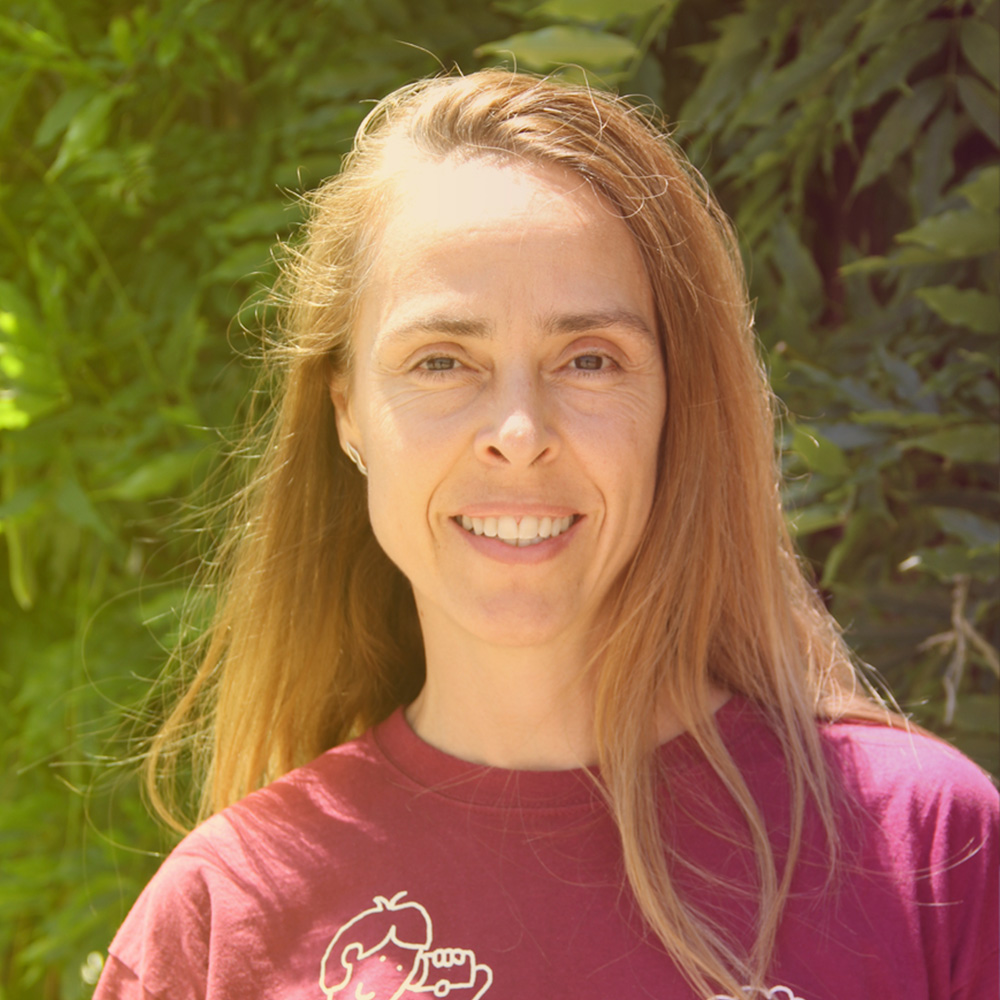

Co-founder of SomConexió, a cooperative that provides an alternative in the field of telecommunications consumption. Within the technical team, she carries out coordination and promotion tasks. A social psychologist, she was a lecturer at UOC and UAB.
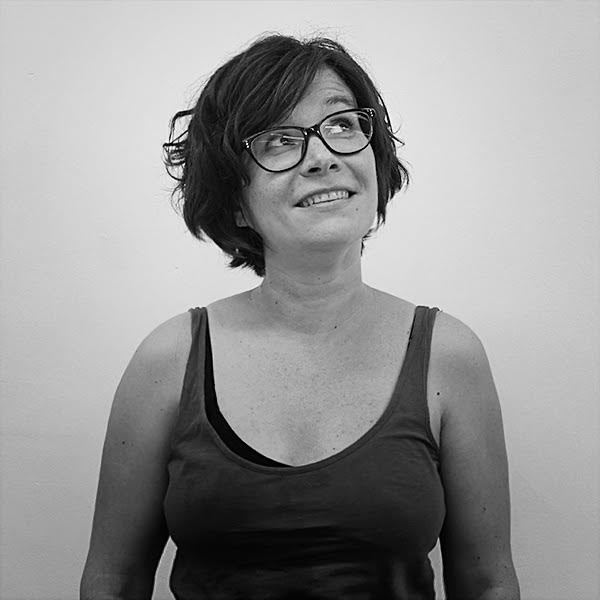

Co-cordinator of the Technical Office of Canòdrom - Ateneu d'Innovació Digital i Democràtica. Trained in the field of Fine Arts and Audiovisual Communication, she has professionally developed as a computer technician specialized in projects that incorporate technologies with the aim of improving our world. Member of Colectic, a non-profit cooperative that promotes technological projects as values of social responsibility. Working for open, free, feminist, and recyclable technology.
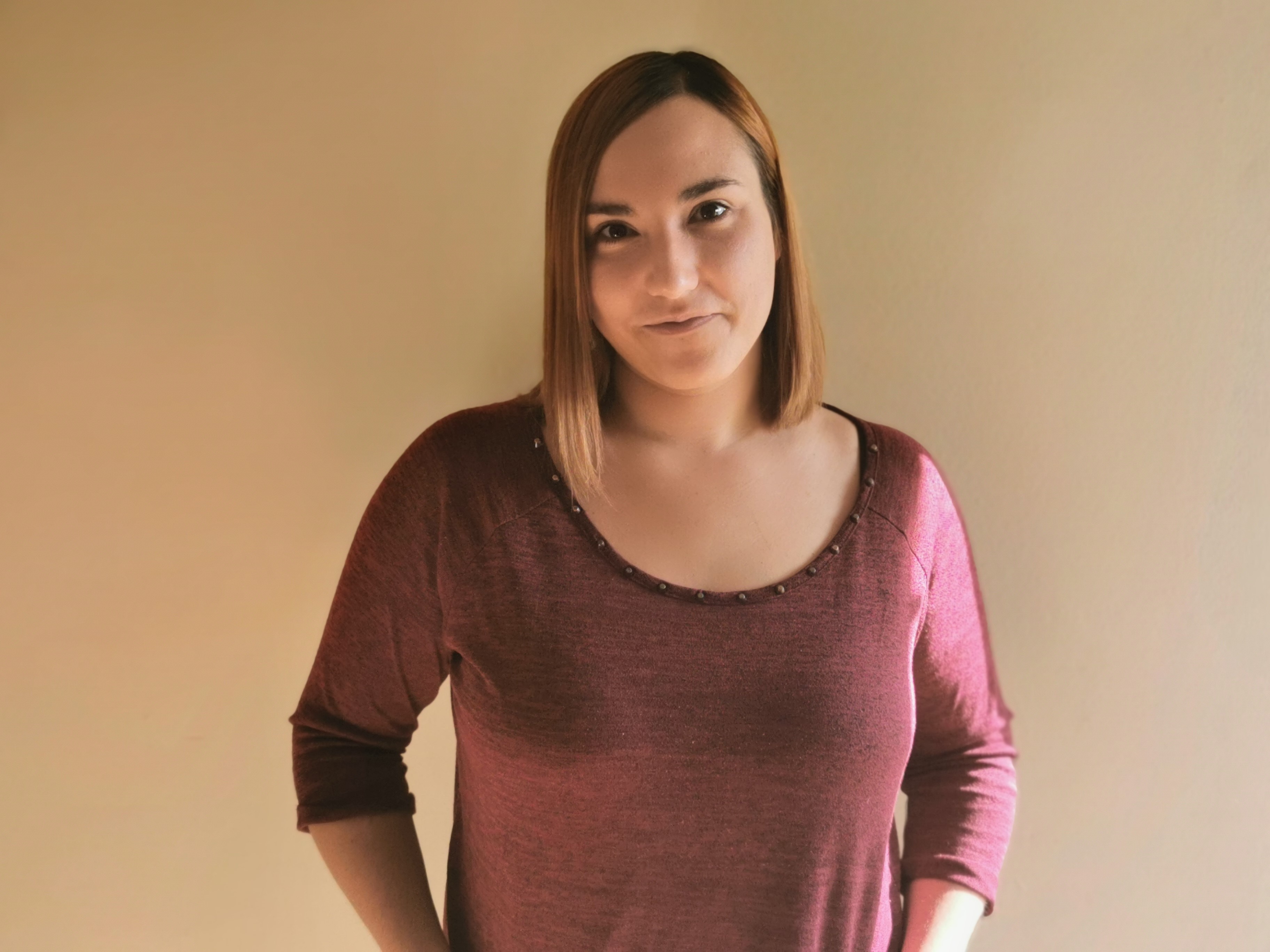

Bachelor's degree in Political Science and Public Administration and a Master's degree in Participation and Local Policies. A researcher specializing in digital divides and author of several studies on the subject. Currently, she is a project coordinator in the Digital Technologies area at the Ferrer y Guardia Foundation, where she develops projects in strategic planning and research. These research efforts primarily focus on the field of socio-digital inequalities and the impacts of digital transformation, education, and childhood and adolescence.
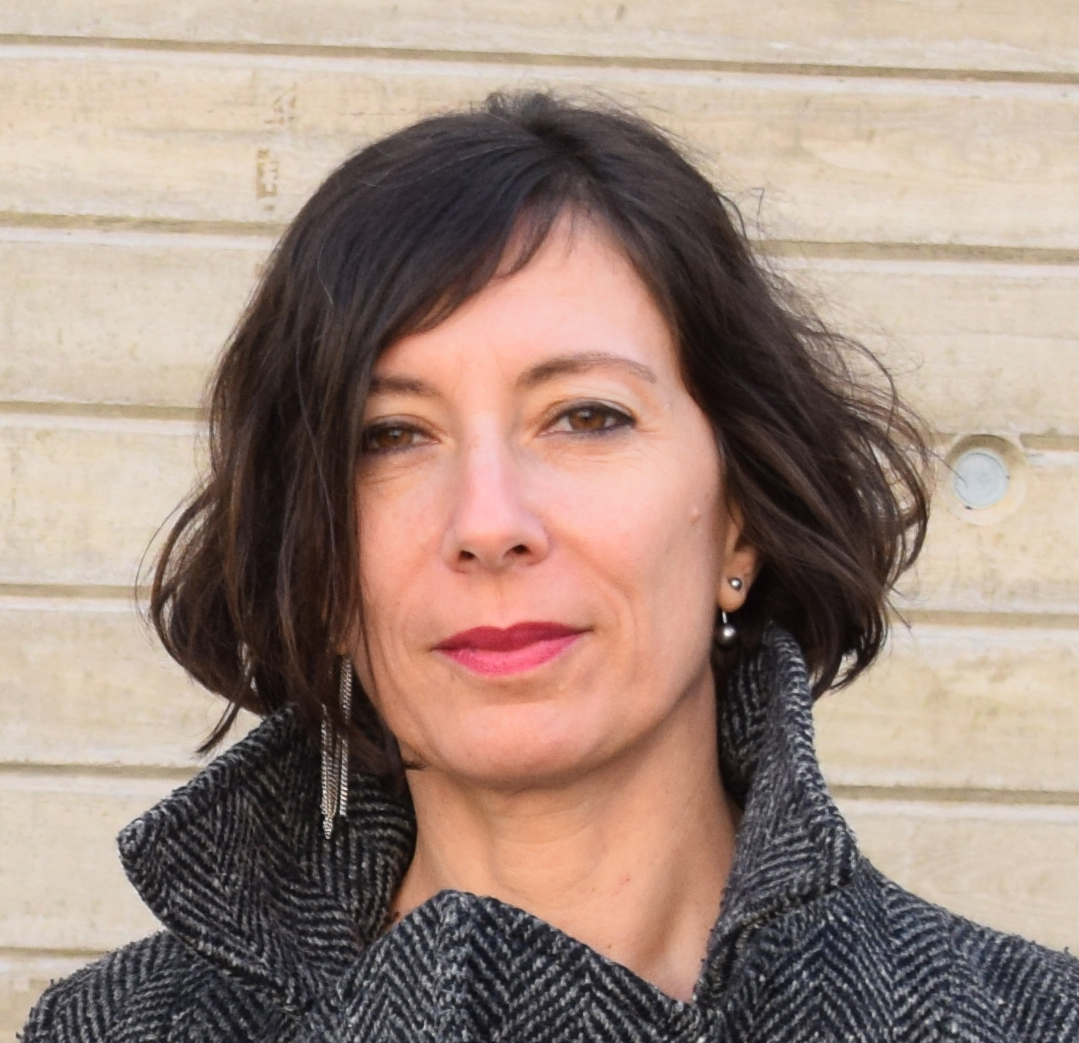

Theater director, playwright, technopolitical strategist, activist, and educator. In 2017, Rolling Stone magazine selected her as one of the 25 people shaping the future.
Since 2018, she has been designing and co-directing the Postgraduate Course in Technopolitics and Rights in the Digital Era. She is the founder of Xnet - Institute for Digital Democracy, a network of specialists and activists proposing advanced solutions in various fields related to digital rights and updating democracy in the 21st century.
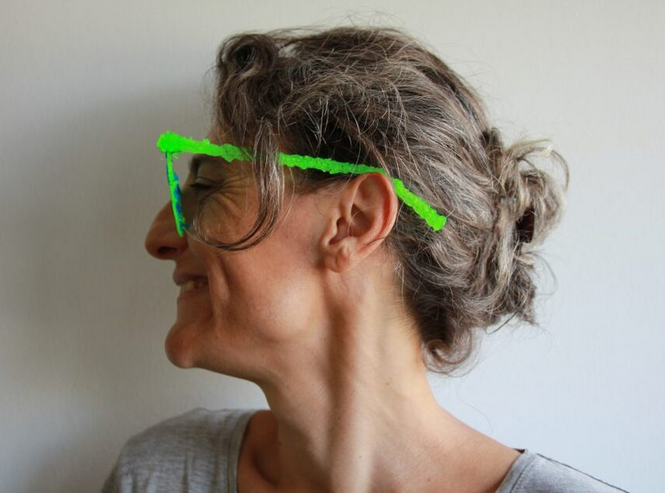

Susanna Tesconi's work is inspired by the interaction between people and technology in experiential learning contexts. After graduating in Philosophy of Language (Università degli Studi di Pisa, Italy), she worked as a primary school teacher from 1999 to 2007, where she had the opportunity to actively participate in the first massive implementation of ICT in compulsory education, experiencing first-hand all the tensions and benefits that this unique situation presented for teachers. This was the starting point for the reflective practice that became her main research interest: the co-design of learning environments rich in creative technology as a tool for teacher training.
Currently, she is a professor at the Universitat Oberta de Catalunya, a member of the Mussol research group, and her research activity focuses on the study of arts, design, contemporary philosophical and technoscientific thought from a perspective that integrates educational practice and the design of learning environments with the production of theoretical reflection. Her main interests are linked to the generation of educational environments and artifacts that, from a socioconstructivist approach, allow the exploration of the educational potential of the relationships between disciplinary domains.
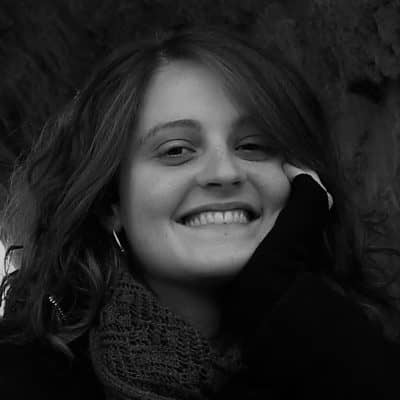

She is a mother of two children, aged 5 and 7, and spokesperson for the 'Adolescence free of mobile' Initiative, a group of families concerned about the social trend of providing a smartphone to teenagers as they enter secondary school (12 years old) and advocating for social and political measures to delay this provision until at least 16 years old. With a degree in Psychology from the Autonomous University of Madrid and training in Family Systemic Therapy, she has dedicated her career to career and educational guidance, collaborating with municipalities and the Department of Education. In her professional development, she identifies competencies and objectives for personal development, specializing in youth and adults.
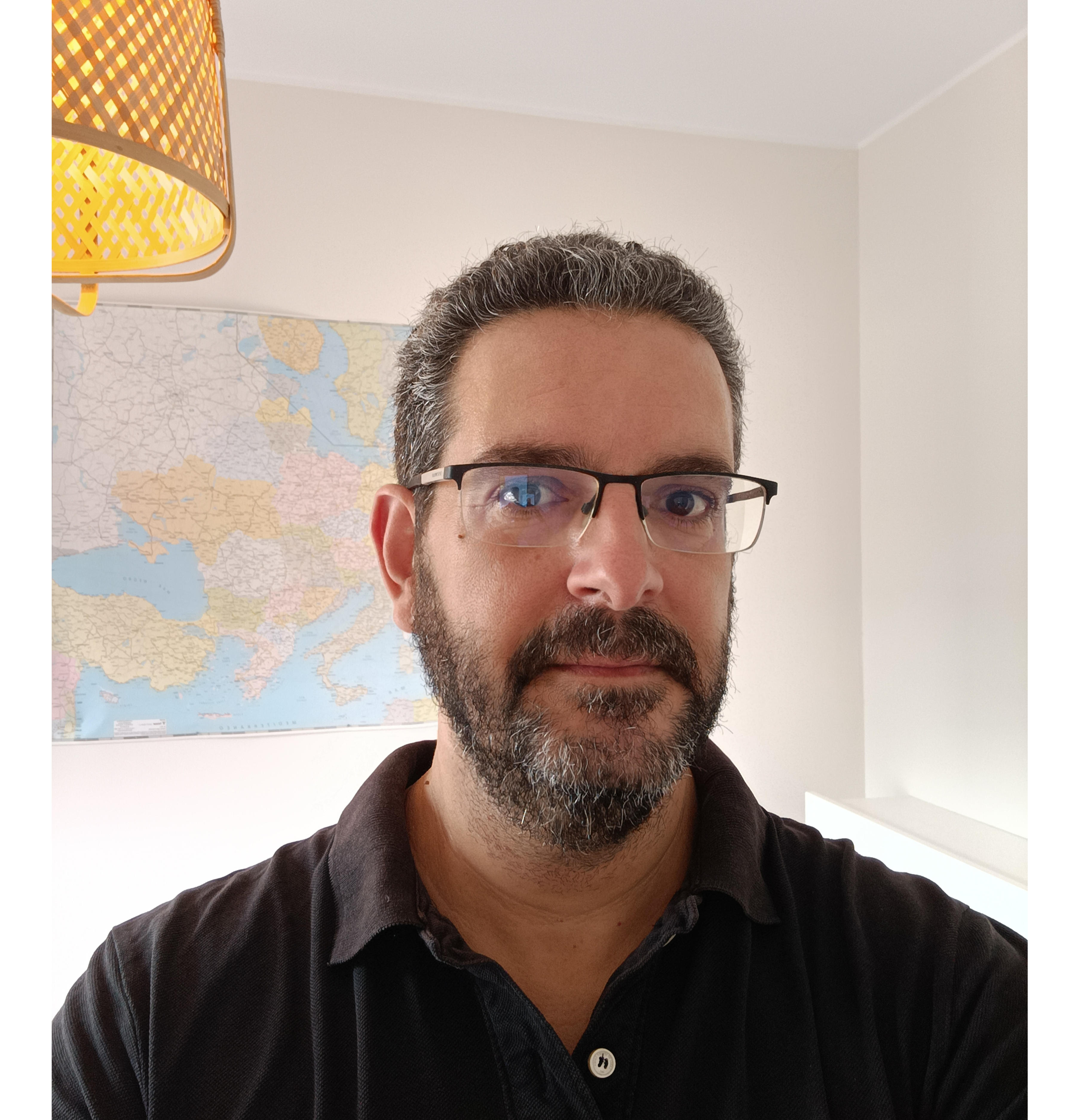

Technology teacher in secondary education. Postgraduate degree in telematic animation and networked education. He has worked in the Department of Education in the teacher training program in reflective practice and in the Barcelona Education Consortium as a territorial reference for Digital Culture. He collaborates with several institutions and universities in teacher training activities related to digital technologies and STEAM disciplines. He also participates in community projects that bring digital technologies closer to the public.
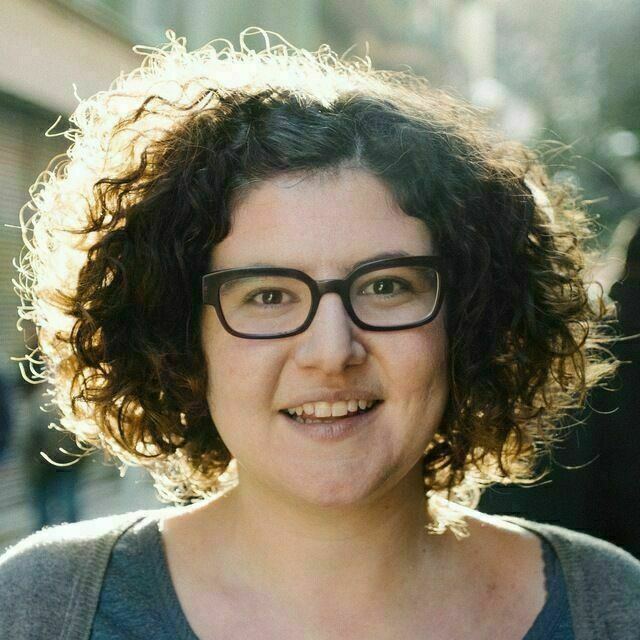
Bachelor's degree in Psychology and Audiovisual Communication, and a postgraduate degree in Digital Social Innovation. With over 16 years dedicated to communication, technology, training, and innovation. Currently, a partner at the cooperative Colectic SCCL as the head of people management and coordinator of the Technical Office of Canòdrom — The Center for digital and democratic innovation of Barcelona. Over the years, she has collaborated with the IMEB and the Department of Education, as well as in the design of pedagogical proposals through technology in the social and non-formal education sector in Catalan and European projects. She has mainly worked on reducing digital divides, social innovation, and innovative methodologies.



